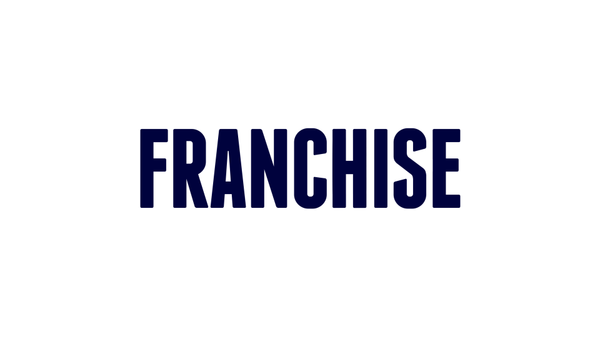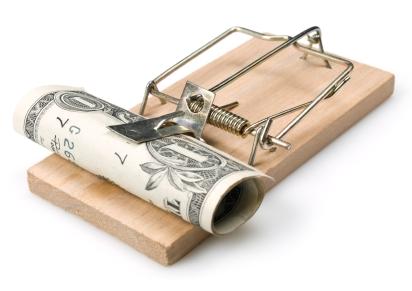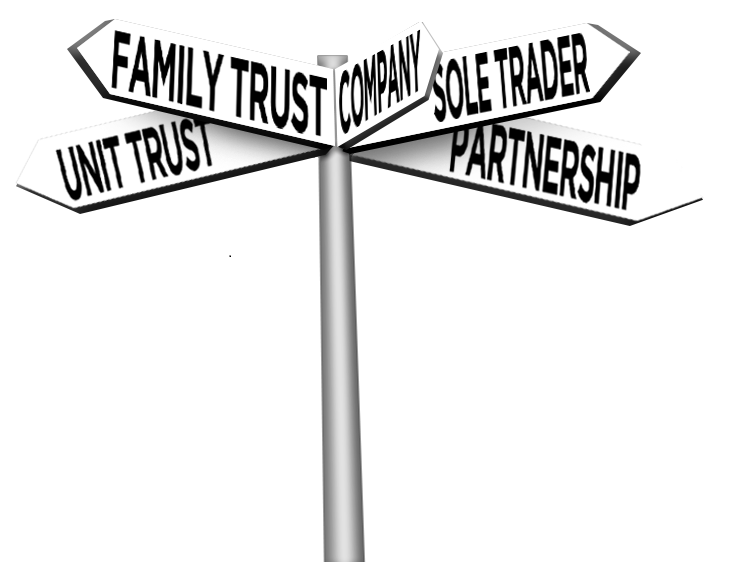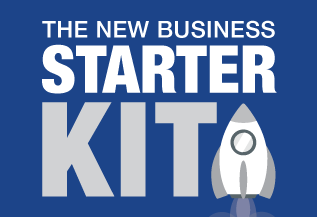Accounting for Franchises
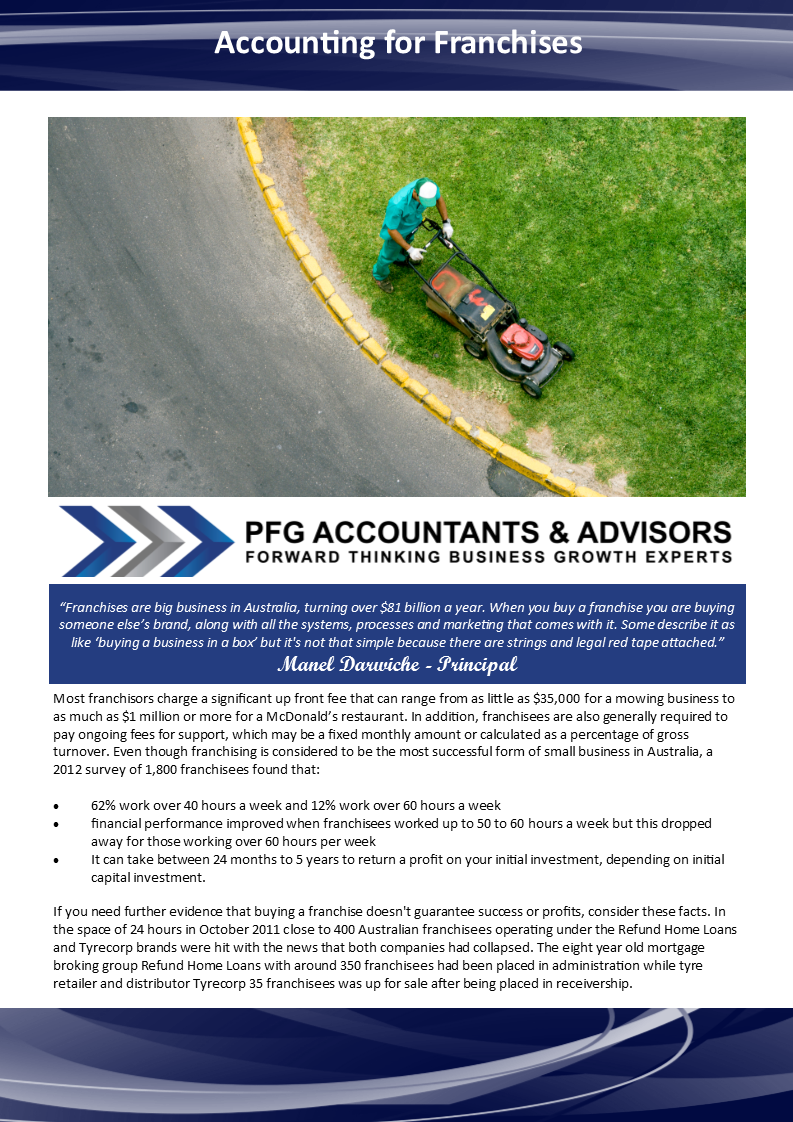
|
| Click Here to download PDF |
Franchises are big business in Australia with turnover in excess of $80 billion a year. Buying into a franchise is often promoted as ‘buying a business in a box’ complete with the brand, all the systems, processes and marketing. However, it's not that simple because there are strings and legal red tape attached.
Most franchisors charge a significant start-up cost. Franchise fees range from as little as $45,000 for a mowing business to as much as $1 million or more for a McDonald’s restaurant. In addition, franchisees are generally also required to pay ongoing fees for support, which may be a fixed monthly amount or calculated as a percentage of gross turnover. Even though franchising is considered to be the most successful form of small business in Australia, a 2014 study suggests that:
-
Only 77% of franchisees are profitable
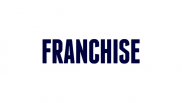
- 56% of franchisees generate a profit of less than $80,000 per annum
- 3% of franchisees generate a loss of more than $70,000
 If you need further evidence that buying a franchise doesn't guarantee success, consider these facts:
If you need further evidence that buying a franchise doesn't guarantee success, consider these facts:
In the space of 2 years the Pie Face franchise group was placed into administration not once but twice. First time around in November 2016
there were 70 Pie Face stores in Australia, 43 of which are franchised, and many franchisees lost their valuable investments. Second time
around in late 2016 only 26 franchised stores remained open. In 2010 Australian franchisees operating under the Krispy Kreme brand were hit
with the news that the company had collapsed after a period of rapid expansion to 50 stores.
Clearly it’s important to work with your accountant before starting or buying any business but the substantial up front franchise fee
makes it even more important. Remember, product development, production processes, branding and marketing are all there on a platter waiting
for you to serve up to the public but tougher lending criteria and reduced risk tolerance from the banks make obtaining finance difficult.
GET ADVICE!
We recommend you have your franchise agreement reviewed by a professional, preferably a solicitor and an accountant to ensure the franchisee understands what they are signing up for. So many franchisees don’t really understand what they are buying into and we have seen people distressed when they realize that apart from the upfront joining fee there are ongoing monthly franchise costs for advertising and marketing. These were clearly spelt out in the franchise agreement but the franchisee was so eager to buy they ignored the fine print in the contract. The whole relationship starts on the wrong foot and it is hard to transfuse the bad blood.
Another issue is, franchisees need to understand that the franchise agreement will come to an end at some point in time. The contract will probably provide options to renew but in any business you need to start with the end in mind. Your tax structure needs to factor in the potential discount capital gains tax concessions and you also need to consider your ability to on-sell the franchise or business to a third party plus your alternatives at the end of each option. Franchisees who don’t do their homework and seek legal advice from the outset can be left in a vulnerable position when a franchise agreement ends. Despite spending potentially hundreds of thousands of dollars to buy into the business the franchisees ignore the other end of the transaction, the sale. Buyer beware is the clear message and we are amazed that so many franchisees say they were simply unaware that this could happen when it is spelt out in the contract.
HOW MUCH DOES A FRANCHISE COST?
Prices vary dramatically and you certainly don’t pay the same amount for a McDonalds franchise as you do for a Jim’s Mowing franchise. Some franchises include a large shop fit out together with equipment while others just include the bare bones.
In terms of valuing a business or franchise there are some basic valuation guidelines. Business values are generally based on an EBIT (Earnings before Interest and Tax) of 25% after providing the business owner with a fair salary. To illustrate this point, lets assume your business earnings (before interest and tax) is $200,000 before paying you a salary. If a fair salary for the business operator is $90,000 per annum then the business has an EBIT (after your salary) of $110,000. If you are looking for a 25% return on your investment then a fair price for the business is $440,000 (because a 25% return on a $440,000 purchase is $110,000 per annum).
Clearly these are just guidelines because we see businesses bought and sold with much lower EBIT’s (particularly for lower cost businesses) and sold with EBIT’s above 30%. Factors that will influence the potential return and the price of the franchise include:
-
How long the franchise has been established and operating
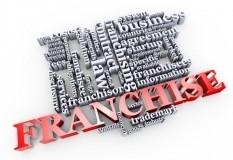
- Whether you are buying an existing franchise or opening a brand new franchise
- The risk associated with the industry that the franchise operates in
- The total price being paid for the franchise business
Most importantly, your calculation of the business’ EBIT and therefore the value should be based on profit and loss projections you prepare. If you are buying an existing business you should have access to historical financial statements and other figures prepared by the vendor. If you are buying a new franchise, you are probably relying on some forecasts and projections prepared by the franchisor. In either case, whatever figures you receive should be taken as a guide only. It is vital that you prepare your own detailed projections (month by month for at least the first twelve months) to work out what profit and EBIT you will be make.
The figures provided by the vendor or franchisor may exclude costs such as interest on borrowings, depreciation, motor vehicle expenses, the owner’s wage and income tax. It will be historical data and does not tell you how the business will perform in the future. Generally speaking, your projections and forecasts should be the main basis of your decision to buy a business or franchise.
Legislative Requirements
If you are thinking of buying a franchise, you should also familiarise yourself with the legislative requirements. The legislation demands that a franchisor give a potential franchisee a disclosure document at least 14 days before the new franchisee enters into the franchise agreement. The contents of the disclosure document are set out in the legislation but in terms of the financial aspects it will cover the following:
- Provide an estimate of the total costs involved in establishing a franchise (at section 13)
- Provide details of ongoing payments to the franchisor (at section 13)
- Provide some information about financial performance (at section 19), however, franchisors can elect not to disclose any information
- Provide a summary of the most recent financial statements of the franchisor (at section 20) Alternatively, the franchisor can provide a statement verified by a registered company auditor that the franchisor is able to meet its debts as and when they fall due.
The Franchise Traps 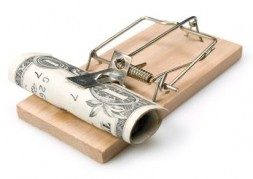
While some franchisors market their franchise as a simple 'turn key' operation, running a business requires energy, passion, persistence and commitment. There is no substitute for hard work and if the business was a money making machine surely the owner would set up more sites and just employ the staff?
The number one question that prospective franchisees want to know is, "How much will earn?" It's a fundamental part of the buying equation and some smart franchisors now offer income guarantees, particularly in the service franchises. Given these types of franchises generally attract first-time business owners moving from a salaried employment position with a regular income to the uncertain world of self employment, the income guarantee can be very appealing. These income guarantees are often stated as ‘$1,000 a week for the first ten weeks to reassure the franchisee and reduce the perceived risk of investing.
Given the economic conditions, other franchisors are offering prospective franchisees a guaranteed income of say $50,000 per annum. This provides the franchisee with a degree of income stability for the first year of operation and can help the franchisee secure finance to fund their franchise fee. While income guarantees might provide short term peace of mind for new franchisees, they expire and buyers need to look beyond income guarantees when assessing a franchise. What if the operator is not suited to the type of work or has no marketing skills? Generally speaking, most people looking to buy a franchise will look at least two different franchises before making a decision. You need to look at the total package including the price, training, equipment, marketing materials, ongoing fees and income guarantees when assessing the offering. Don’t make the decision based on one part of the offering because in some instances the income guarantee is really just a recruitment incentive.
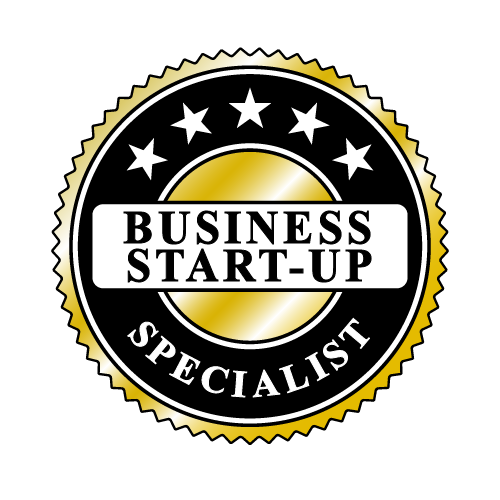
THINKING OF BUYING A FRANCHISE?
We are recognised as business start-up specialists and if you are looking to buy a franchise there are numerous issues to consider including your business structure, tax registrations, insurances and accounting software. As business advisors we can assist you in all of these areas plus provide advice on HR matters, payroll and the preparation of a business plan.
Over the past decade our team of accountants have helped a number of franchisees get their business off to a flying start by building solid foundations. In a business sense this includes the right taxation structure, accounting software, insurances and website. Your choice of business structure is critical and there are a number of different options such as sole trader, partnership, company and trust. When it comes to selecting the most appropriate tax structure for your business we always recommend you ‘start with the end in mind because Australian tax laws are complex and changing your business structure at some point in the future can trigger a capital gains tax event that could prove costly. Whenever we provide advice on business structures we always take into account issues like:
-
Minimisation of Income Tax
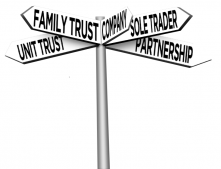
- Maximize Asset Protection
- Allow for the admission of New Business Partners or Investors
- Comply with all Legal Requirements in your Industry
- Consider Future entitlement to Discount Capital Gains Tax Concessions
- Risk Profile of Your Industry
As a consequence, we often find the business structure is a compromise based on the relative importance of each of these issues.
 Your choice of accounting software is another brick in your business foundations and up to date, accurate financial records let you to make
informed business decisions. The wrong choice of software
can be catastrophic and poor business records are one of the biggest causes of business failure. You need to match your business needs with
your level of accounting skill otherwise you could end up producing ‘computerised shoebox’ records that cause frustration and
extra fees which conflicts with our mission of helping you slash the cost of bookkeeping and compliance. Here at the Business Growth HQ, we
want to be your accountant and business advisor, not just a bookkeeping service. You’ll find we support a range of software options
but do have a preference for cloud based solutions like Xero and QuickBooks Online.
Your choice of accounting software is another brick in your business foundations and up to date, accurate financial records let you to make
informed business decisions. The wrong choice of software
can be catastrophic and poor business records are one of the biggest causes of business failure. You need to match your business needs with
your level of accounting skill otherwise you could end up producing ‘computerised shoebox’ records that cause frustration and
extra fees which conflicts with our mission of helping you slash the cost of bookkeeping and compliance. Here at the Business Growth HQ, we
want to be your accountant and business advisor, not just a bookkeeping service. You’ll find we support a range of software options
but do have a preference for cloud based solutions like Xero and QuickBooks Online.
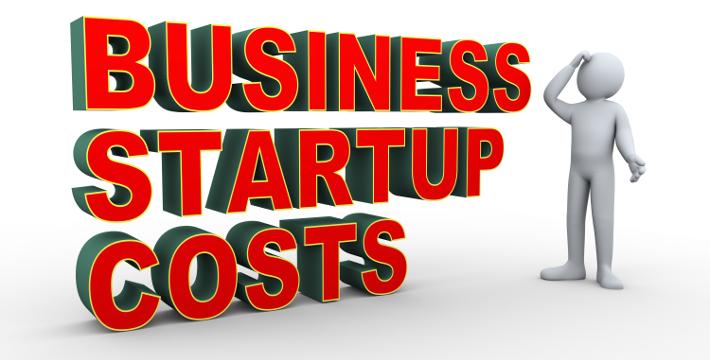 You also need the right tools and when 'constructing' your franchise business. Over time we have developed a number of tools including a start-up
expense checklist
that breaks down your start-up cost into various categories including:
You also need the right tools and when 'constructing' your franchise business. Over time we have developed a number of tools including a start-up
expense checklist
that breaks down your start-up cost into various categories including:
- tools and equipment
- professional advice and software
- information technology costs
- marketing and signage
- vehicle and trailer costs
This checklist will help you identify all your potential establishment costs and these figures then filter through to our cash flow budget
template and allow us to produce a projected profit and loss statement for your first year of trading. These reports can also tuck neatly
into our business plan template that is designed to help you secure funding from external sources like a bank. Our business
start up
checklist is another useful tool.
For some franchisees, your car, van or utility is arguably your most important business tool and you can download our Motor Vehicle Tax
Guide from the resources section of our website to learn more about the alternative
methods of claiming your vehicle expenses and the distinction between a business and private trip for business. In addition, through our
affiliate partners we can also assist with vehicle finance (chattel mortgage, CHP or
lease) and get you fleet pricing on your new car, ute or light commercial van that could save you thousands of dollars.
 Through an affiliate partner we can also help you source funds to finance your business purchase, equipment or franchise fee. Pricing is
often set by the franchisor but we can help you do some price modelling to assess the impact of changes plus we use benchmarks to compare
your business performance against your peers so you know what is working in your business and what needs working on. If you're starting a
franchise or buying into one, you don't need to reinvent the wheel as we have all the tools and resources to help you get off to a flying
start.
Through an affiliate partner we can also help you source funds to finance your business purchase, equipment or franchise fee. Pricing is
often set by the franchisor but we can help you do some price modelling to assess the impact of changes plus we use benchmarks to compare
your business performance against your peers so you know what is working in your business and what needs working on. If you're starting a
franchise or buying into one, you don't need to reinvent the wheel as we have all the tools and resources to help you get off to a flying
start.
 We invite you to book a FREE, one hour introductory consultation to discuss your business and franchise needs. You can
expect practical business, tax, marketing and financial advice that could have a significant impact on your bottom line. To book a time,
call us today on (02) 9791 1779 or complete your details in the box at the top of this page. Let's get to work ON your franchise so it is
more profitable, valuable and saleable
We invite you to book a FREE, one hour introductory consultation to discuss your business and franchise needs. You can
expect practical business, tax, marketing and financial advice that could have a significant impact on your bottom line. To book a time,
call us today on (02) 9791 1779 or complete your details in the box at the top of this page. Let's get to work ON your franchise so it is
more profitable, valuable and saleable





